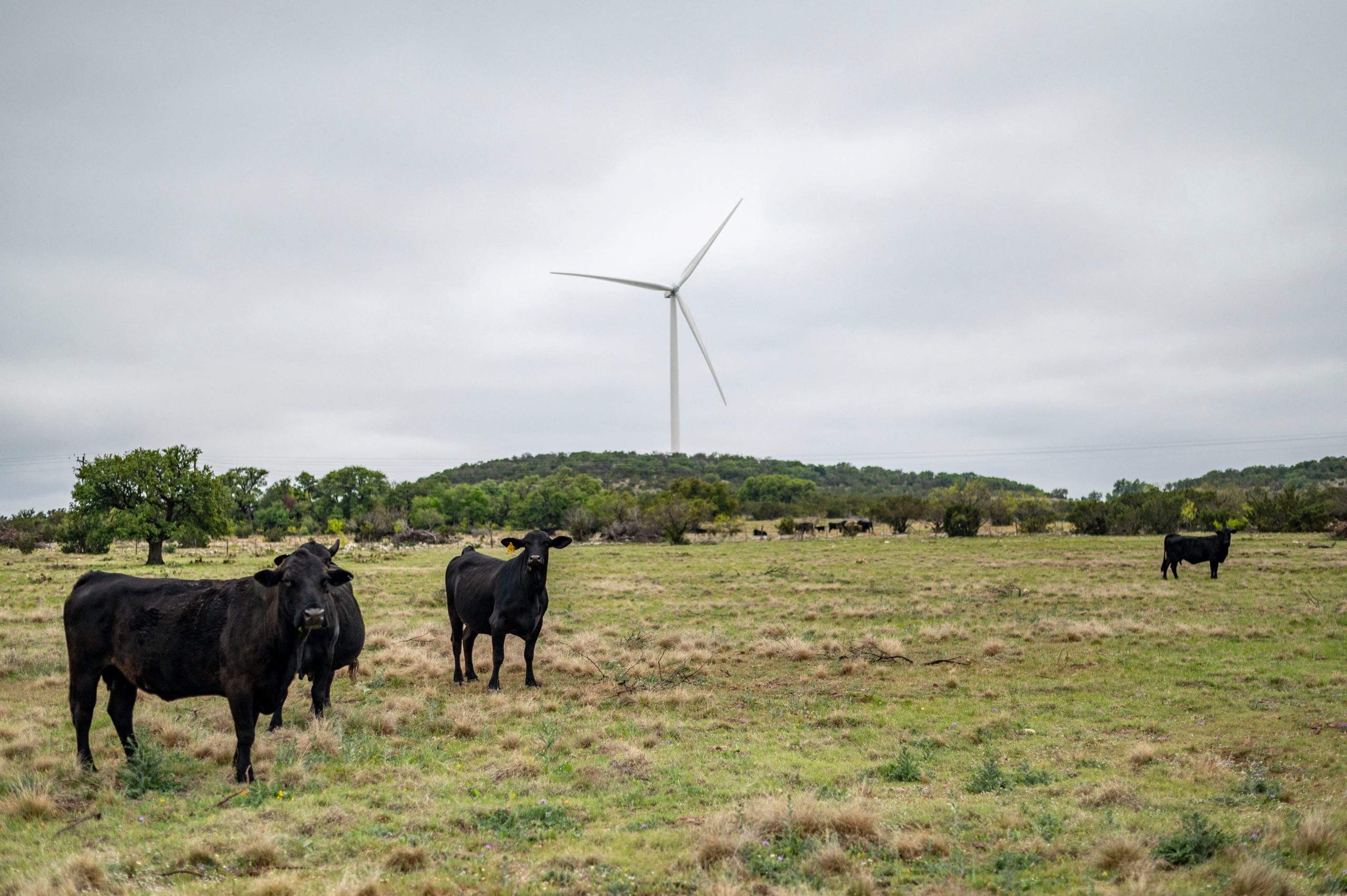Carmel Richardson

Texas is going NIMBY. In the latest attempt to protect the sovereignty of American soil for Americans, a Texas state senator has introduced a bill that would ban land ownership by certain foreign entities—including, most notably, the Chinese Communist Party.
Drafted by Senator Lois Kolkhorst, the bill is a simple, one page proposal. While it specifies that aliens still have a right to purchase property in Texas, any governmental entity or citizen of China, Iran, North Korea, or Russia would not be permitted to purchase, or otherwise acquire title to, property in the state. This would include companies or entities headquartered in China, whether directly or indirectly held or controlled by China, as well as those the majority ownership of which belongs to Chinese citizens, and individual purchasers who are citizens of China. Which is to say, if you are not an American citizen nor seeking to become one, and if you are a citizen of a country that presents a threat to American national security, you do not have a right to purchase American soil.
In other words, America is for Americans. It’s a simple idea, but enforcement of such simple ideas has become quite complex in recent decades. Consider, for example, the Agricultural Foreign Investment Disclosure Act, passed by the U.S. Congress in 1978. This law requires foreign entities to disclose any interests in agricultural land in the United States to the Department of Agriculture (USDA). This is hardly encouraging to those familiar with the USDA and its priorities; still, the intent, at least, was to limit foreign purchase of U.S. soil by way of accountability.
Since the passage of the act, foreign purchase of agricultural land—or at least, our awareness of it—has increased significantly. Foreign investors own at least 35 million acres of U.S. farmland. But even this doesn’t tell the full story. Foreign land holdings can remain under or off the radar so long as they are acquired piecemeal. High profile and high volume land grabs are hard to miss, but smaller purchases by foreign nationals often go unnoticed, especially when they are purchased through U.S. subsidiaries, as many are. When foreign investors use a U.S. owned corporate subsidiary, or a subsidiary owned through a U.S. partnership, to purchase or hold land, it is not included in the USDA’s count nor taxed as a foreign business venture. Meanwhile, the last time the USDA fined a foreign investor for failing to report a land holding was in 2014. In this way, parcels of land may be able to slip out of public view, making the true volume of foreign land holdings unknown.
The number one target of recent foreign investment in farmland has been Texas, according to the USDA. Currently, at least 4.7 million acres of Texan farmland are owned by a foreign entity or individual—the largest amount of any U.S. state, and a number which increased by 96,000 acres in 2020 alone. As occasional TAC contributor Lars Schönander reported at American Mind last week, 160,717 of those acres are owned by China. This is not as much as it may seem before we recall the size of Texas; by percentages, a far greater share of Maine is foreign owned, with much of its northern forests belonging to Canadian investors. Still, there is a difference between selling a Canadian your forest and a Chinese Communist Party member your farm, as Sen. Kolkhorst has realized.
What’s at stake here is more than just foreign policy concerns—though of course, those are on the table, too, with many of China’s land purchases being near U.S. military bases. But Kolkhorst’s bill ultimately asks a question that gets to the nature of a nation. Can a nation sell land to foreign citizens and governments and still be considered to maintain ownership of that land? In theory, the United States has issued a resounding “yes.” But claims to jurisdiction over a few million acres seem to matter little when foreign actors can evade the very regulators who supposedly oversee their purchase. Ownership, as it turns out, means more than merely stating, “This one mine.”
The question of sovereignty is important, not just for political philosophy but for the men and women who suffer the effects of policymakers’ decisions. The American small farm, once the backbone of this nation, is in fast decline. The average American farmer is older than 58 years of age, and despite sunny initiatives to excite the youths with the prospect of farming, a lack of interest in the way of life is not the real problem. Rather, the barriers to entry are prohibitively high—in particular, the price and availability of land. Already at a steep price thanks to Tyson Food and other agricultural conglomerates, land has been made even more unreachable thanks to the lucre of foreign investors.
Texas isn’t the first state to raise these questions, and if politicians on both the right and the left continue to listen to the concerns of their constituents, it won’t be the last. Indeed, last summer Chip Roy proposed a bill in the U.S. House to block further Chinese purchase of valuable agricultural land. The Securing America’s Land from Foreign Interference Act never made it past introduction. Meanwhile, Republicans are set to take the House in January by a slim majority. If they wish to prove their salt, passing a nationwide parallel to the Texas law would be a good place to start.
Even still, passing a law to ban further foreign purchase of U.S. soil can only go so far. Assuming Texas is successful, they will prevent further tightening of the land market, but still leave hundreds of millions of acres of American soil in the hands of the Chinese—and hundreds fewer American farmers.
No comments:
Post a Comment